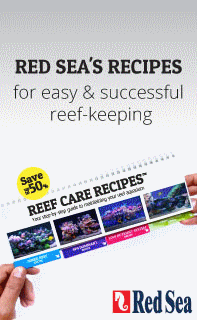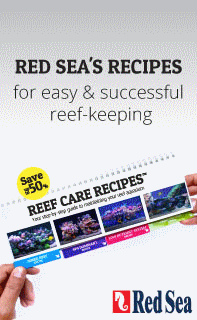-
Topics
-
Latest Update
-
5
Coral Decom Sale
MEGA WEEKEND CLEARANCE SALE Still Available (FURTHER REDUCED PRICES): Yellow-Green Dragon Soul Torch (>8 heads) $120 Large Branching Lumi Green Hammer (> 8 heads) $80 Green Branching Hammer with Brown Stem $20 Slightly Lumi Green Branching Hammer with Green Stem $20 Toxic Green Branching Hammer $15 Giant Brownish Green Frogspawn $40 Green Frogspawn $25 Zoa Assortment (A/B/C/F/G - $15, I - $10) Bundle Deal: Buy 2, $5 off Buy 3, $10 off Buy 4 or more, 10% off -
0
WTT XR15 FOR XR30
Want to trade XR15 G5 pro for XR30 G5/G6 Pro. Pm if have. i will top up. TY -
0
WTB USED ROYAL EXCLUSIV Mini Bubble King 160
WTB USED ROYAL EXCLUSIV Mini Bubble King 160 pm if have ty -
0
Selling Aquaticlife T5HO & Wyatt lights
Aquaticlife 36inch T5HO fixture - $250 Wyatt 240W seadevil (All Led working) - $150 Wyatt 240W Seadevil ( some whites led burnt) - $80 Take both Wyatt for $200 Collect Sengkang -
0
Maxspect RXS 150 Marine Lighting
Selling used RXS 150… refer Carousell listing. Check out 'Maxspect RXS 150 Marine Lighting', available at S$250 on #Carousell https://carousell.app.link/rN01WtJNtPb Sent from my iPhone using Tapatalk
-






Recommended Posts